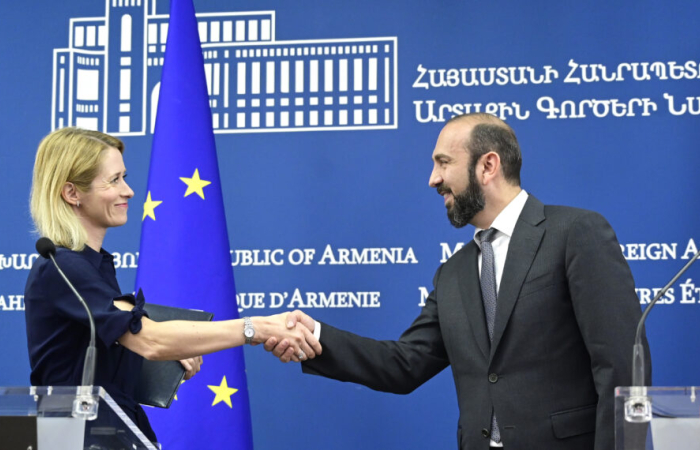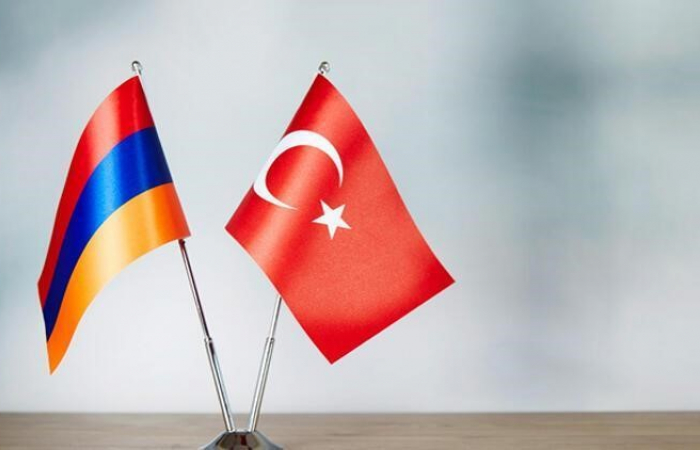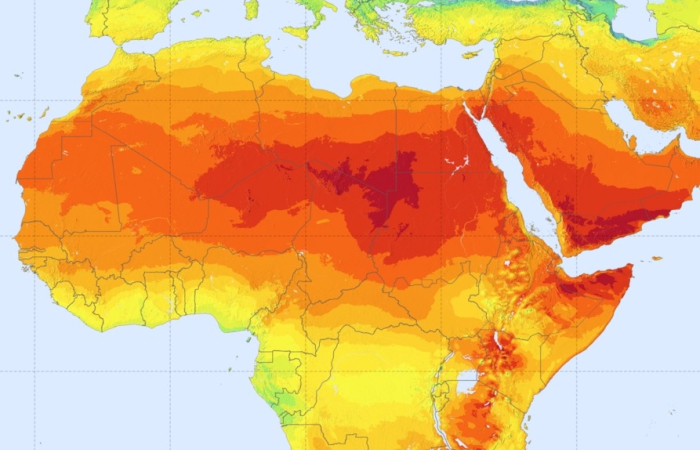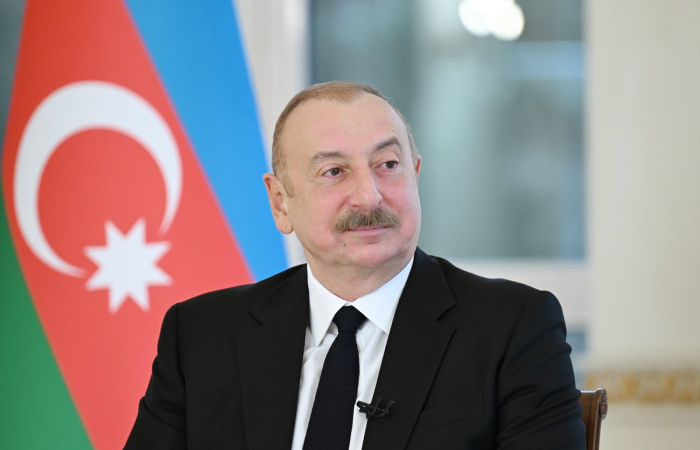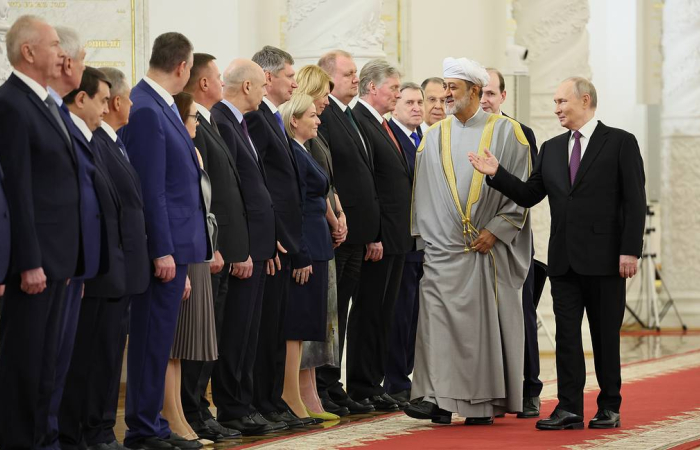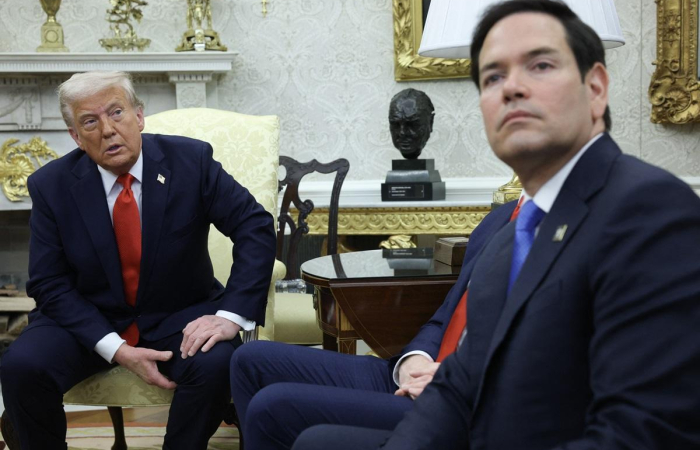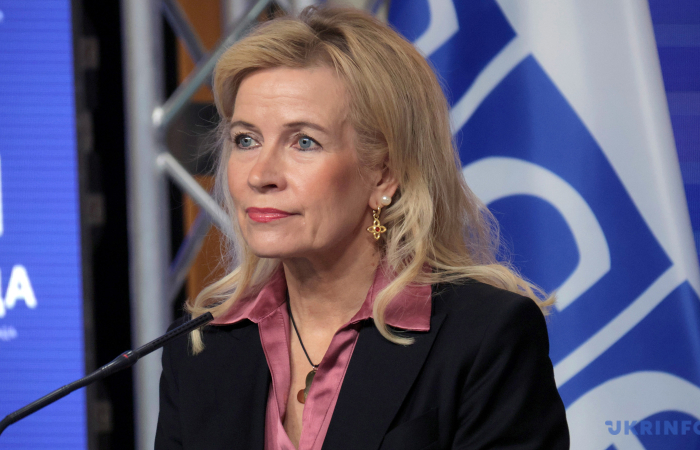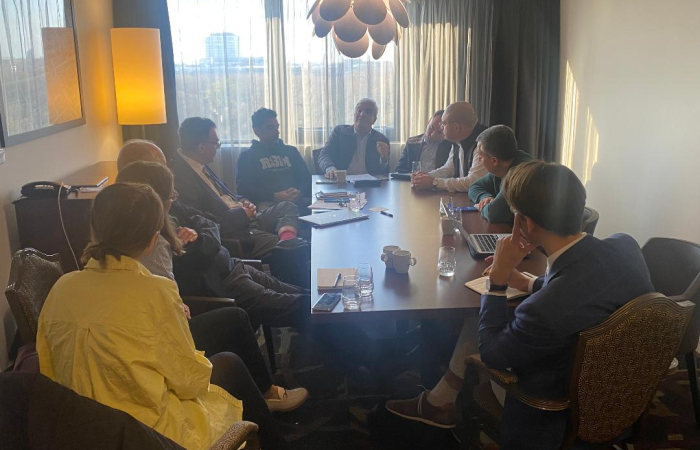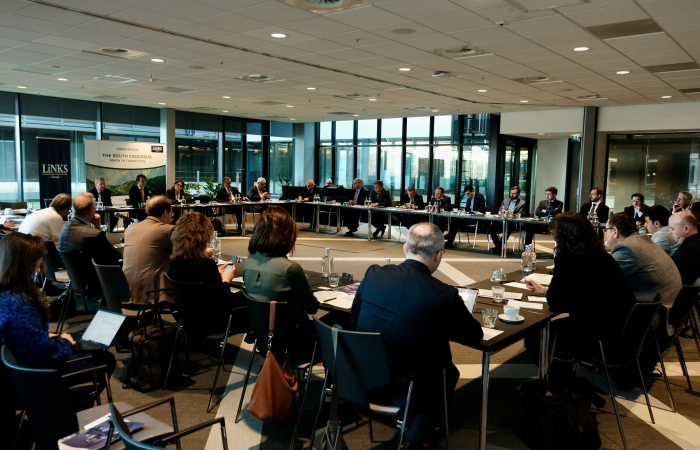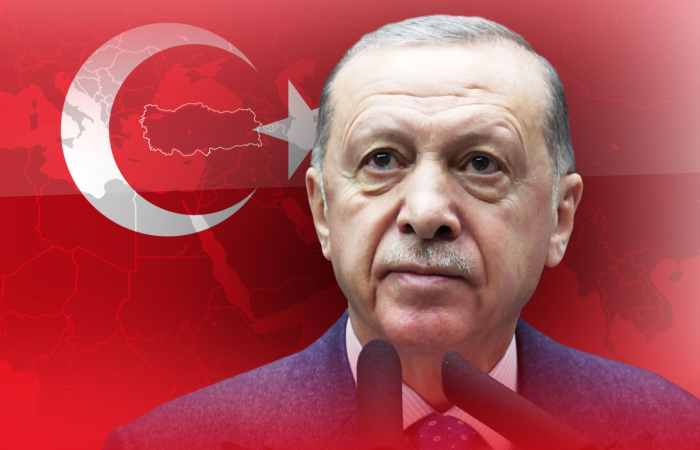Trending
The South Caucasus is Set for Geopolitical Realignment
3 July 2025
In Mackinder’s terminology, Eurasia is the heartland of geopolitics and the South Caucasus, though small in economic terms compared to the surrounding major powers, constitutes the heart of that heartland. No major power can afford to ignore or neglect it. Strategically located at the crossroads of East and West and being the only region that borders two most controversial actors of Eurasia (Russia and Iran), control over the South Caucasus equates to control over a vital part of the Eurasian continent. This is why the region’s geopolitical orientation carries immense significance, particularly amid the evolving landscape of international relations shaped by the war in Ukraine and the recent escalation of tensions between Iran and Israel in the southern neighborhood. Today, the geopolitics of the South Caucasus is in flux, and most importantly, this transition has now reached to the most important nation-state of the region: Azerbaijan.




